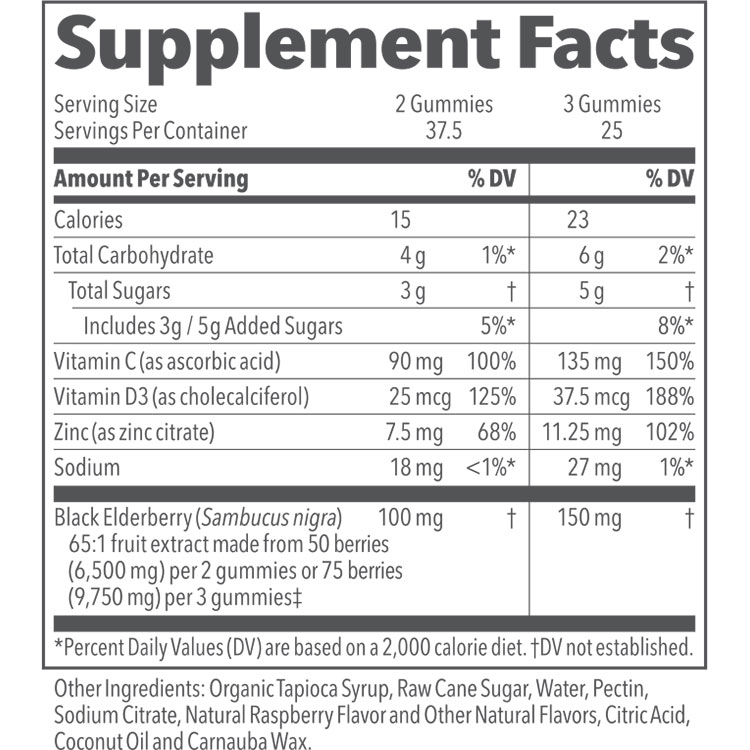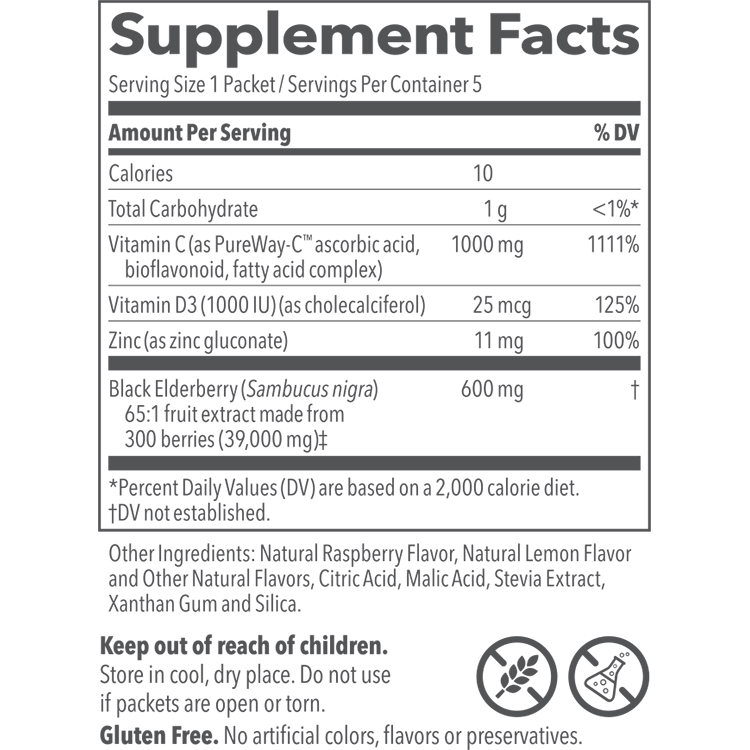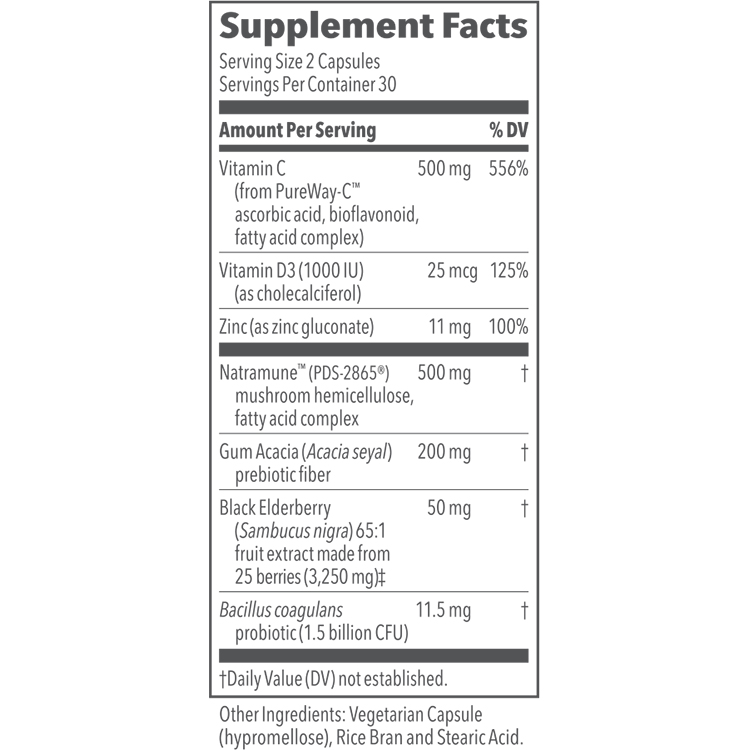Fennel is native to the Mediterranean region. Fennel has a long history of use. References to its use are found in Roman and Greek writings. In ancient Greece, it was considered a symbol of success.
The puritans referred to fennel as the “meeting seed,” as it was a common practice to chew the seeds during meetings. Today, fennel is widely used in India as an after-dinner breath freshener and to help digestion (1).
A research review for the treatment of IBS symptoms show studies of fennel only in combination products. Some of the studies in the review showed that:
- A combination of fennel, anise, elderberry, and senna taken daily for 5 days can decrease colon transit time, increase the number of daily evacuations, and improve the perception of bowel function compared with placebo in patients with constipation (2).
- A specific tea containing fennel, senna, licorice, orange peel, cassia cinnamon, coriander, and ginger taken for 28 days can increase the number of bowel movements compared with pretreatment in elderly patients with constipation (3).
REFERENCES
- Perez-Fernandez MA, Calvo-Magro E, Montanero-Fernandez J, and Oyola-Velasco JA. Seed germination in response to chemicals: effect of nitrogen and pH in the media. J Environ Biol. 2006;27(1):13-20.
- Picon PD, Picon RV, Costa AF, Sander GB, Amaral KM, Aboy AL, and Henriques AT. Randomized clinical trial of a phytotherapic compound containing Pimpinella anisum, Foeniculum vulgare, Sambucus nigra, and Cassia augustifolia for chronic constipation. BMC Complement Altern Med. 2010;10:17.
- Bub S, Brinckmann J, Cicconetti G, and Valentine B. Efficacy of an herbal dietary supplement (Smooth Move) in the management of constipation in nursing home residents: A randomized, double-blind, placebo-controlled study. J Am Med Dir Assoc. 2006;7(9):556-561.




